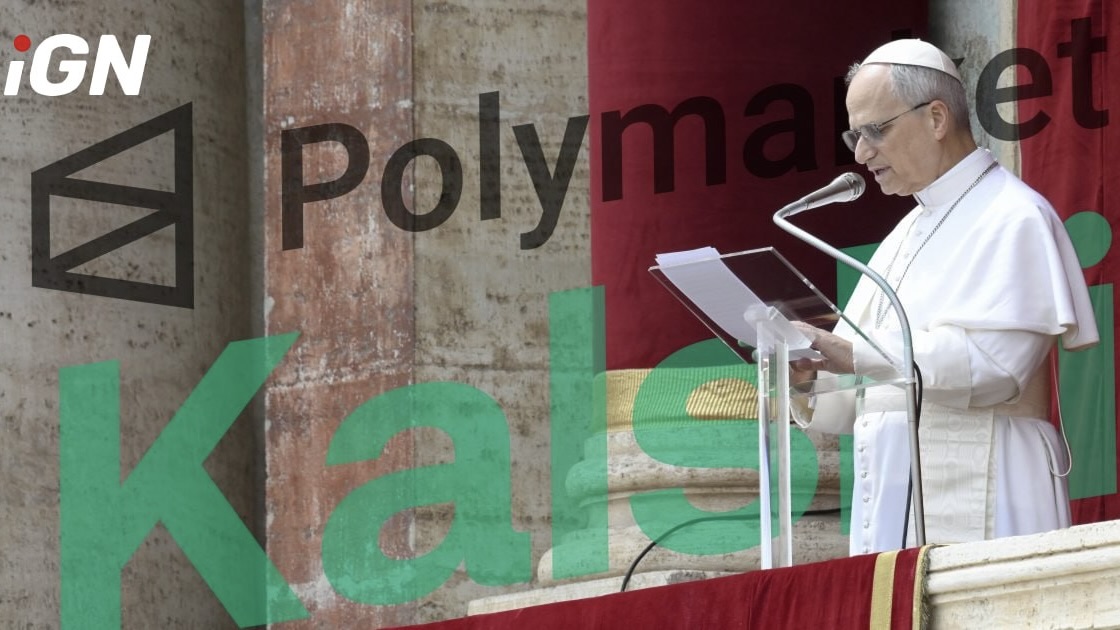$40 Million Bet on New Pope Election — How Kalshi and Polymarket Turned the Conclave into a Prediction Market

The victory of Cardinal Robert Prevost, who became Pope Leo XIV, was estimated on Kalshi and Polymarket with a probability of less than 1%.
Betting on the Underdog: Who Won and How Much
The results of the election of the new Pope came as a surprise — little-known American Cardinal Robert Francis Prevost was elected and took the name Leo XIV. His victory was estimated with a probability of less than 1%.
Several users, despite the low odds, placed bets on him and earned significant payouts:
- On Kalshi: one user turned $525 into $52,641;
- On Polymarket: another participant received $63,650 from a little over $1,000.
Total Betting Volume: $40 Million
In total, more than $40 million was bet on the papal election:
| Platform | Betting Volume (USD) | Betting Volume (EUR) |
|---|---|---|
| Kalshi | $10,618,819 | €9,534,224 |
| Polymarket | $30,143,338 | €27,064,530 |
Despite the impressive sums, these figures fall short compared to other popular markets:
- NBA Champion: $2 billion in bets;
- Champions League Winner: nearly $1 billion;
- Elections in Romania and South Korea: volumes higher than for the Pope.
Which Other Bookmakers Took Bets
In addition to Kalshi and Polymarket, traditional bookmakers also offered odds on the Pope:
- bet365
- William Hill
- Paddy Power
However, these companies do not disclose betting volumes, making it difficult to assess the overall market.
Legal Restrictions in the Netherlands
In the Netherlands, betting on the papal election is prohibited. Local laws allow online bookmakers to take bets only on sports events. Any attempt to offer markets on elections, such as the papal conclave or the Oscars, violates national law.
Even if a platform uses blockchain or operates as a user-to-user betting exchange, it does not make it legal. The platform structure does not override the ban.
Kalshi and Polymarket: Not Bookmakers in the Traditional Sense
Kalshi and Polymarket differ from classic bookmakers:
- Users bet against each other, not against the “house”;
- The platforms earn from transaction fees;
- Polymarket uses blockchain and smart contracts to organize trading;
- Kalshi operates in the U.S. under CFTC oversight as an information exchange.
Polymarket was fined by the CFTC in 2022 for operating without a license. It shut down most markets for Americans, but its popularity remained — thanks to geoblocking circumvention.
Media and the Popularity of Prediction Markets
Kalshi and Polymarket actively use media attention as a growth driver. Unlike traditional gambling businesses, prediction platforms are often covered by major media: CNBC, Bloomberg, Forbes, as well as Dutch outlets despite the ban.
Similar attention is seen toward betting on Eurovision — another illegal market in the Netherlands that is discussed in the media alongside Pope forecasts.
Thanks to their position as information trading platforms rather than gambling services, Kalshi and Polymarket attract attention and grow even amid legal uncertainty.
